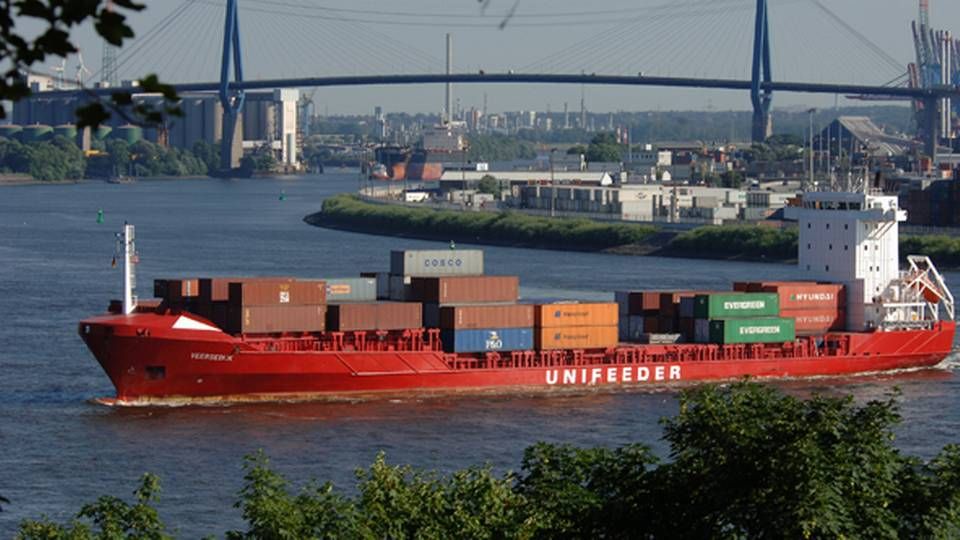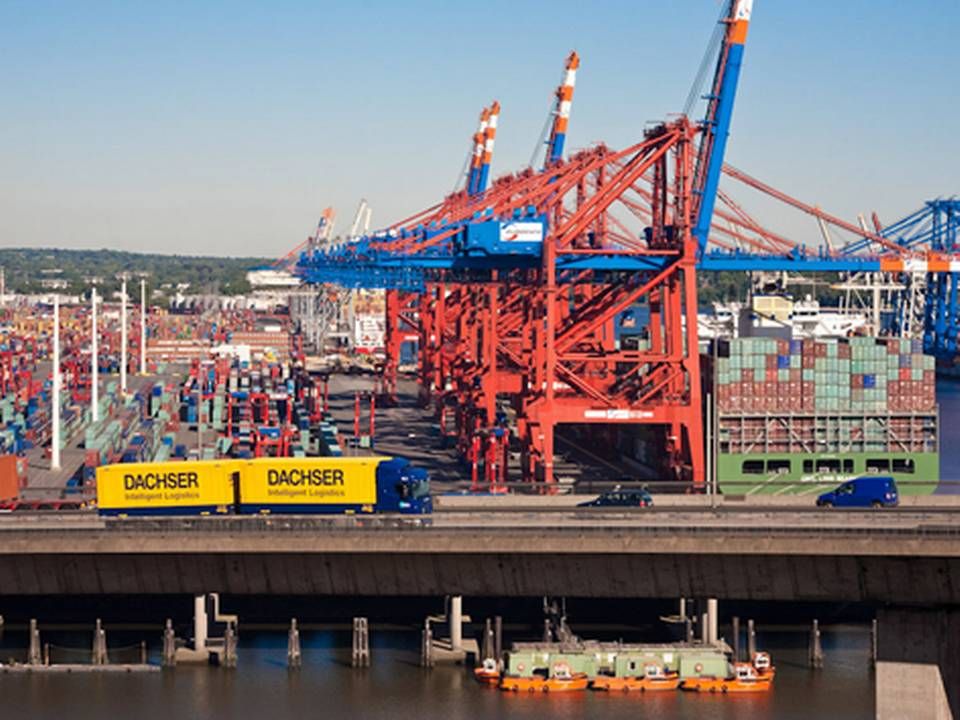Trade agreement could open for EU carriers in Canada

The free-trade agreement between the EU and Canada is currently being negotiated, and in this context authorities have discussed the possibility of opening up for EU carrier activity in the country, according to a document that ShippingWatch is in possession of.
The Canadian Ministry of Transportation, Transport Canada, confirms the development to ShippingWatch and stresses that the negotiations are still underway:
"Negotiations on details related to maritime transport services are ongoing, but discussions have been held on maritime feeder services for containerized cargo between the Ports of Halifax and Montreal onboard EU registered vessels," says the ministry's press service in an e-mail.
"Canada supports the achievement of a more efficient maritime regime that facilitates international trade and CETA provides the opportunity to consider limited market access for targeted marine services that are currently not being provided by Canadians or where more capacity requirements have been identified."
Free trade agreement could boost US LNG export
The text reveals that this opening could also concern port deepenings. Head of Secretariat at the Danish Shipowners' Association, Jacob K. Clasen, has read the text that ShippingWatch is in possession of. Like Canada, many other countries have restrictions regarding who are allowed to operate between ports nationally, and who are allowed to perform port deepenings. These include France and Germany, he says.
"The final texts have not been made public yet, so it's hard to tell how big this really is. But of course there's no doubt that we're pleased that they're looking into this. In principle, we think it's positive that they're treating, for instance, deepenings, and that they're looking into granting EU companies increased possibility of working there. But we won't know how much they're actually going to open up until we see the final texts," he says.
More goods to transport
He has followed the working process on the free-trade agreement, and he estimates that the agreement, from a narrow perspective, will not have a major impact on the international maritime, which is completely liberalized today. But the agreement is still important:
"The reason we believe these agreements are important is because they promote trade in general, removing barriers on the exchange of goods. And there more trade there is, there more goods there'll be to carry. In this sense the agreement helps make the cake bigger. So the biggest positive effect, at first glance, will be the increased trade between the EU and Canada," he says.
A long process
The EU and Canada have been negotiating since 2009 to break down customs barriers, to streamline technical standards, and to generally make each other's markets for goods, services, investments, and public procurement more available. In October 2013 the parties agreed on the free-trade agreement, and the two sides are now working out the final details.
SeaIntel: Atlantic container shipping will benefit from free trade agreement
Jacob K. Clasen actually expected that the agreement would have been finalized by now, so it should happen soon, he says.
The Canadian authorities have high expectations for the agreement:
"The negotiation of an ambitious and comprehensive agreement will open doors for business and help create jobs in every region of the country. It is expected to benefit workers across Canada and across all major sectors of the Canadian economy, including in the transportation sector. CETA will help improve supply chain management, logistics and the attractiveness of Canadian ports as a gateway to North America," says the Ministry of Transportation, adding:
"A more open framework could also contribute to strengthening direct investment in the transportation sector (…)."
Related articles
ICC: WTO agreement lowers the price on ocean freight
For subscribers
Hong Kong challenges Shanghai
For subscribers




















